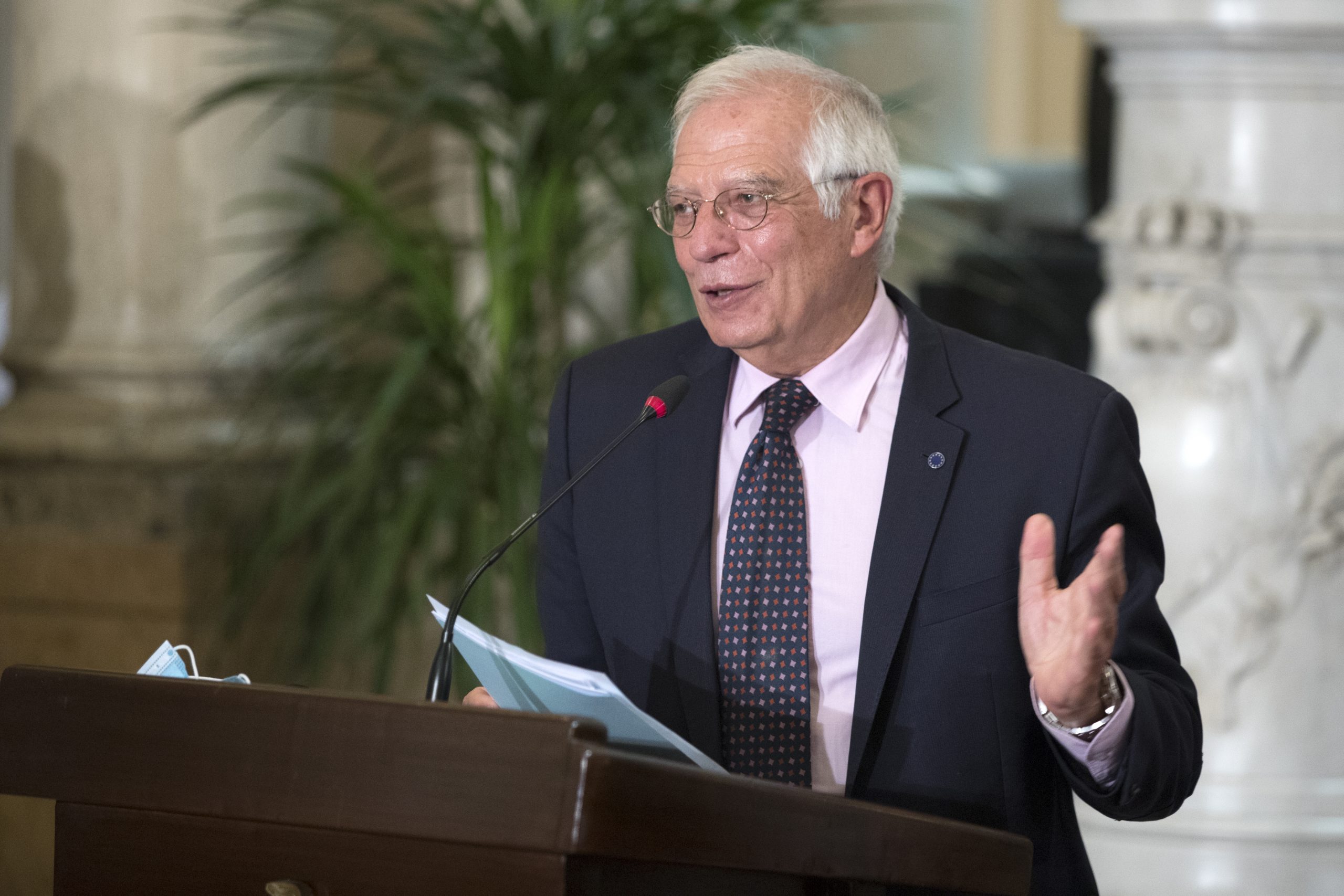Borrell warned situation is complex and the EU is now forced to acknowledge that basis the trend lines in the region, after 10 yrs of international engagement.
High Representative of the European Union for Foreign Affairs and Security Policy and Vice-President of the European Commission, Josep Borrell, on Saturday cautioned that the EU cannot rely on its ‘bonsai armies’ in the face of the current regional geopolitical threats as he discussed European defence and its future. Borrell warned that the situation is complex and the EU is now forced to acknowledge that basis the trend lines in the region, after more than ten years of international engagement, the performance of the European armies is poor.
Terrorism is rife, states are weak and civilian populations are bereft of security and basic services, despite all the attention and resources deployed to underpin a G-5 Sahel-led process and a civilian ‘surge’ announced last year, EU’s High Representative said, giving an example of Mali. He then reminded that the Mali government is increasingly turning to Russia’s shadow paramilitary forces— the Wagner group.
“From Somalia to Iraq or Libya. Each case is different. But the overwhelming impression is how challenging these operations are; how resource-intensive they have been and, too often, how underwhelming the results,” High Representative of the European Union for Foreign Affairs and Security Policy, Josep Borrell, said. He pointed at the unclear goals and ‘mission creep’ as the major factors responsible for the failure of the military intervention. “It is hard enough to succeed in this type of external intervention but if we are unclear about what the goals are, failure is almost baked-in,” said Borrell.
‘Steep and uncoordinated cuts’ in defence budgets across EU
While the basic focus for European armies in the past 20 years has been ‘expeditionary operations’, precisely like those in Afghanistan, Iraq and the Sahel, reminded Borrell, during this time, there have been a set of steep and uncoordinated cuts in defence budgets across Europe. The cut in the defence spending comes at a time when the US, China, Russia and others have increased theirs massively [Europe +20%, Russia + 300% and China + 600%], he stressed.
“European armies have been ‘hollowed out’ and been described as ‘bonsai armies’: they look like the real thing but have shrunk into miniature versions,” Borrell said.
Borrell cited the testimony of the French Chief of Defence General Burkard before the Defence Committee of the French Assemblée Nationale on 13 July, wherein he confirmed that since 1945, the French navy has never been as small as now: the number of ships has been cut in half since 1990. And since 1996, the French air force has cut the number of planes by 30%. “All this in one of the EU member states that takes its defence role very seriously – the situation is worse in Germany, Italy, Spain etc..” Borrell warned. “All this calls for a readiness to think deep and hard about the choices and trade-offs we face and decide accordingly. The real point is to do this reflection together, as Europeans,” he added.
Source : Republic World















